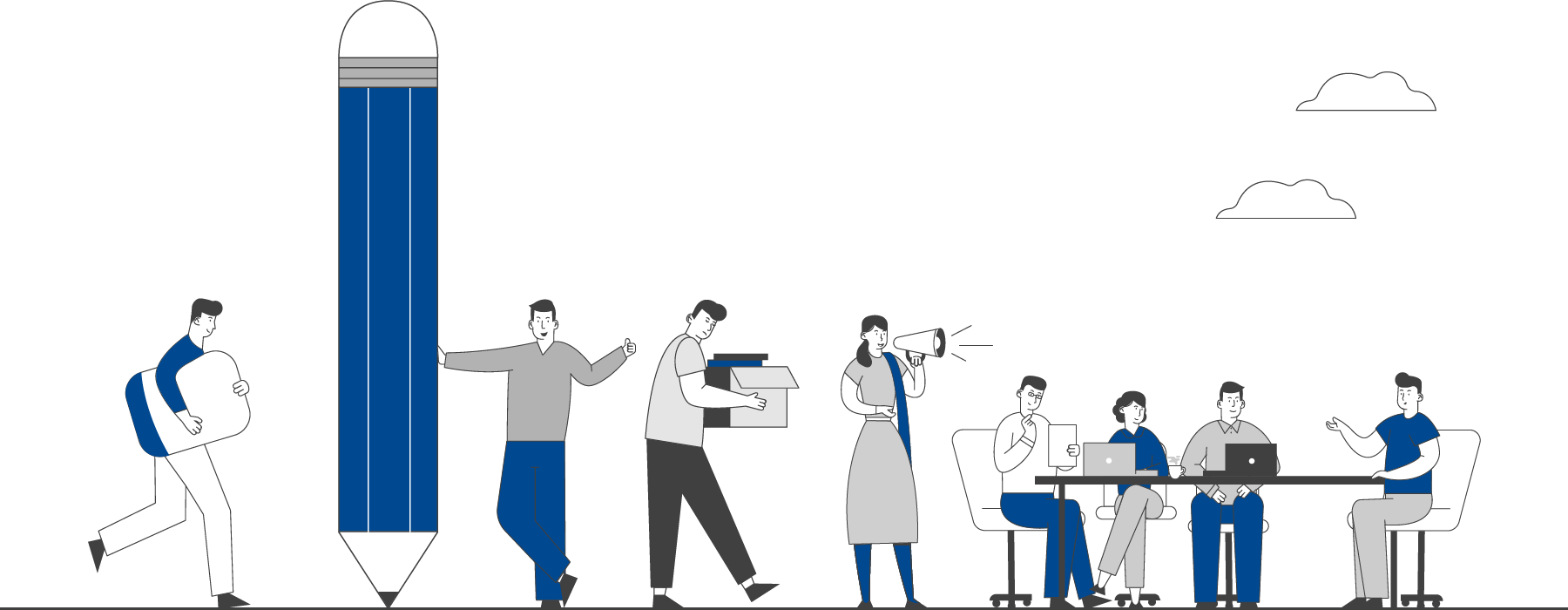

This section hosts guidelines, manuals and toolkits to strengthen public health practice.
Resources
FILTER
BY CATEGORY
View All
Price Setting and Regulation in Health Services
31 Dec 2021by World Health Organization 20 MIN READ
Price setting in the context of health services refers to an administrative process or negotiation by which prices are determined after the unit for payment is established (e.g., a general practitioner service, a day of care in a residential facility, or a case of hospitalization). Price setting and regulation for health services is a key component of strategic purchasing. Countries have aligned pricing policies with the broader goals of ensuring financial protection, equitable distribution of resources according to health needs, promotion of quality and public health objectives, as well as controlling the growth in health care expenditures and increase efficiency. This brief explains health services price setting and regulation in the context of accelerating progress towards universal health coverage (UHC). There is a special focus on the implications for middle-income settings, where increases in public spending have been accompanied by new ways of purchasing, organizing, and delivering health care. This briefing document can be useful for policymakers. Click here to read the document.
Categories
For policymakers

 EXPLORE DATA
EXPLORE DATA 



























